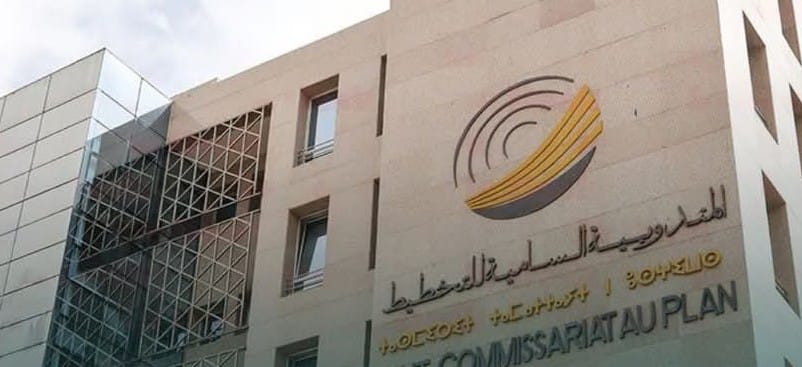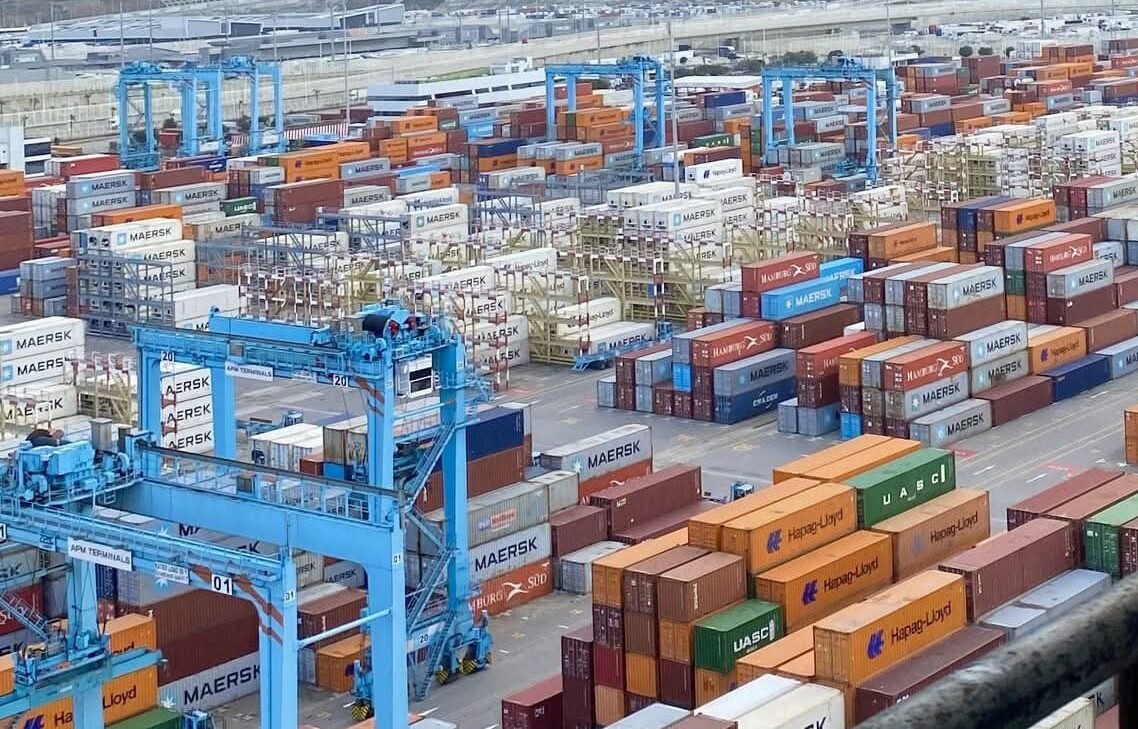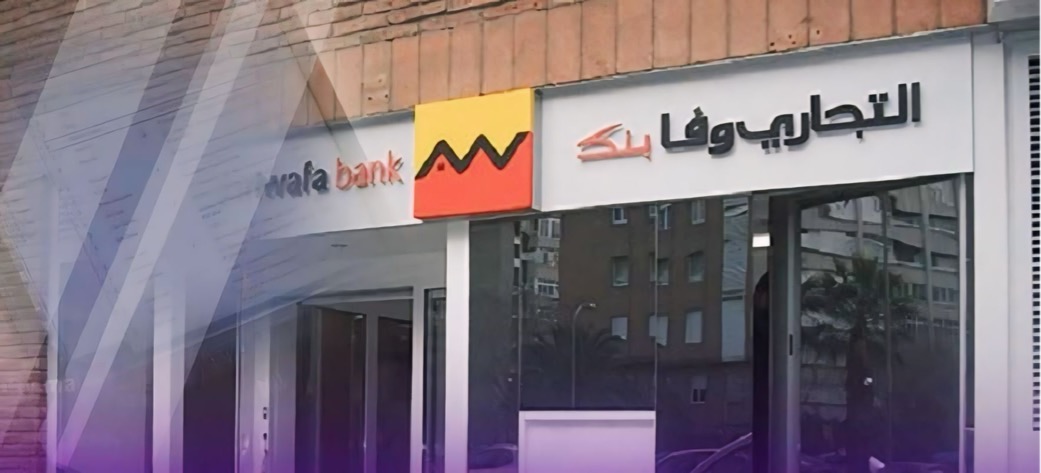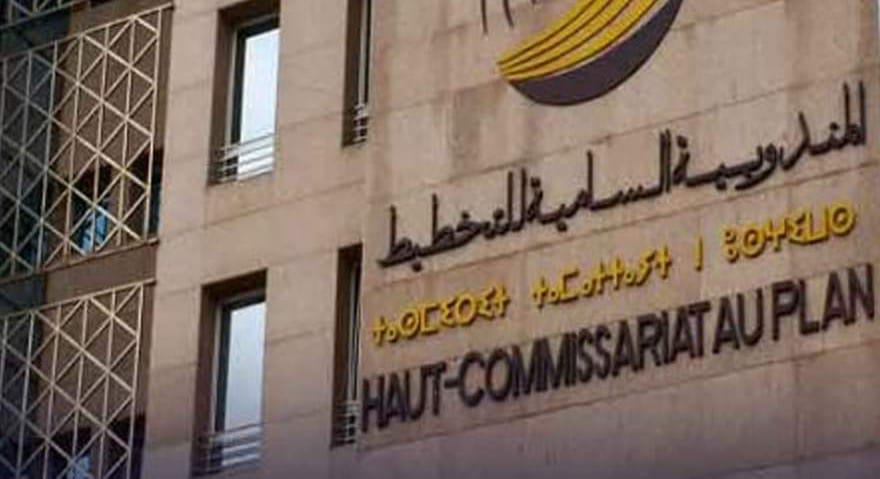Casablanca – Morocco’s economy is set for a strong recovery in early 2025, with growth expected to accelerate to 3.5% in the first quarter, following a moderate 3% increase in the final quarter of 2024, according to the High Commission for Planning (HCP). Despite challenges related to unfavorable rainfall conditions, the country’s economic outlook is generally positive, buoyed by strong non-agricultural activity and household consumption growth.
The HCP’s forecast is based on the assumption that rainfall will return to near-normal seasonal levels in the coming winter months, boosting agricultural performance. However, the report also highlighted a potential risk: if dry conditions persist through the winter, it could reduce the expected growth by at least 0.8 percentage points. Nevertheless, the overall growth projection of 3.5% for early 2025 remains optimistic.
Non-agricultural growth remains strong
Non-agricultural sectors are expected to continue driving economic activity in the coming months, with growth rates above the medium-term trend. HCP forecasts non-agricultural growth at 3.7% for the last quarter of 2024 and 3.5% for the first quarter of 2025. This resilience is largely attributed to increased domestic demand, as well as stronger external demand from European and Asian markets. The industrial and service sectors, in particular, are projected to benefit from sustained demand, both locally and internationally.
Household consumption to boost growth
Household consumption is another key factor in Morocco’s anticipated recovery. Following a slowdown in 2024, household spending is expected to pick up in early 2025, growing by 3.2% in Q4 2024 and 3.4% in Q1 2025. This growth will be supported by fiscal and social measures aimed at boosting purchasing power, including tax breaks and government spending. Additionally, the moderation of inflation is expected to provide further relief to consumers.
Public investment and infrastructure projects
The government’s infrastructure investment strategy, particularly in sectors like water desalination, sports events, and urban development, will continue to support the national economy. Public investment is expected to grow at a robust pace, with projections showing an increase of 9.8% in the fourth quarter of 2024 and 8.8% in the first quarter of 2025. These projects are expected to provide a solid foundation for the economy, even as private sector investment slows due to rising wage costs and weakening external demand.
Exports to Benefit from Global Demand
Morocco’s export sector is forecast to continue its upward trend, driven by key industries such as automotive, textiles, and chemicals. The HCP projects a 7.1% increase in exports for Q1 2025, an improvement from 6.2% in the previous quarter. However, the country’s trade balance is expected to remain a drag on overall economic growth, with the contribution of net exports forecast to be negative at -1.5 points for 2025.
Inflationary pressures under control
Inflationary pressures in Morocco are expected to remain relatively mild in the coming quarters. Consumer price inflation is projected to rise by just 0.7% in the fourth quarter of 2024, a significant decrease from 1.3% in the previous quarter. This decline is attributed to the easing of prices for food, energy, and fresh produce. Core inflation, which excludes volatile food and energy prices, is expected to rise slightly to 2.5% by the end of 2024, up from 2.3% in the previous period.
Challenges looming from geopolitical tensions
Despite the positive outlook, the HCP warns that global uncertainties, particularly geopolitical tensions in the Middle East and Europe, pose significant risks to Morocco’s economic performance. Rising global inflation, coupled with the potential for disruptions in international trade, could lead to higher import costs and added pressure on the national economy. These factors underscore the importance of continued government measures to support domestic purchasing power and safeguard against external shocks.
Morocco’s economy is expected to experience a robust recovery in 2025, with positive growth across several key sectors. While challenges remain, particularly in agriculture and international trade, the country’s economic fundamentals appear strong enough to support a promising year ahead.
















